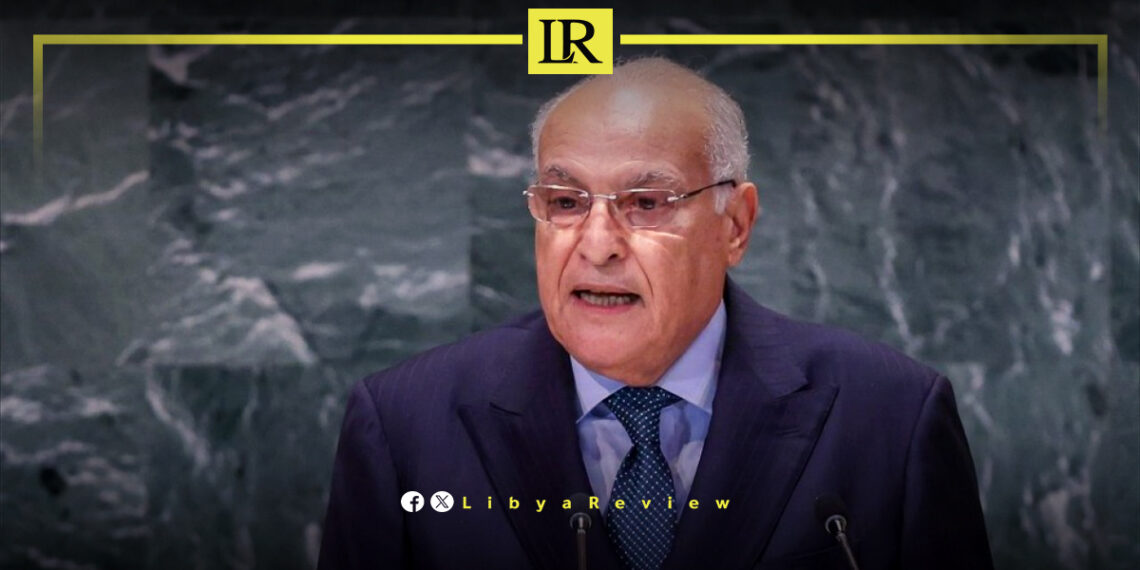In his address to the United Nations General Assembly, Algerian Foreign Minister Ahmed Attaf stressed the urgent need to tackle the external interventions that are undermining Libya’s resources and exacerbating divisions among its people.
Attaf emphasized that only by addressing these external influences can Libyans come together on a common ground, which will facilitate the achievement of national reconciliation and pave the way for free, fair, and transparent elections.
He reaffirmed Algeria’s support for the Libyan people in their pursuit of holding democratic elections and achieving national consensus, which are essential for building a unified and stable Libya.
Libya has been in chaos since a NATO-backed uprising toppled longtime leader Muammar Gaddafi in 2011. The county has for years been split between rival administrations.
Libya’s economy, heavily reliant on oil, has suffered due to the ongoing conflict. The instability has led to fluctuations in oil production and prices, impacting the global oil market and Libya’s economy.
The conflict has led to a significant humanitarian crisis in Libya, with thousands of people killed, and many more displaced. Migrants and refugees using Libya as a transit point to Europe have also faced dire conditions.
The planned elections for December 2021 were delayed due to disagreements over election laws and the eligibility of certain candidates. This delay has raised concerns about the feasibility of a peaceful political transition.
Despite the ceasefire, security remains a significant concern with sporadic fighting and the presence of mercenaries and foreign fighters. The unification of the military and the removal of foreign forces are crucial challenges.


